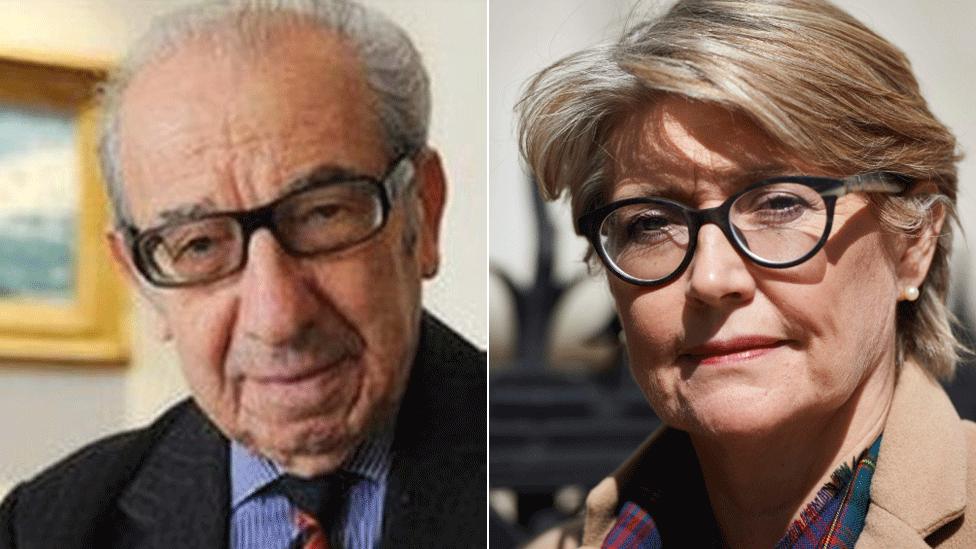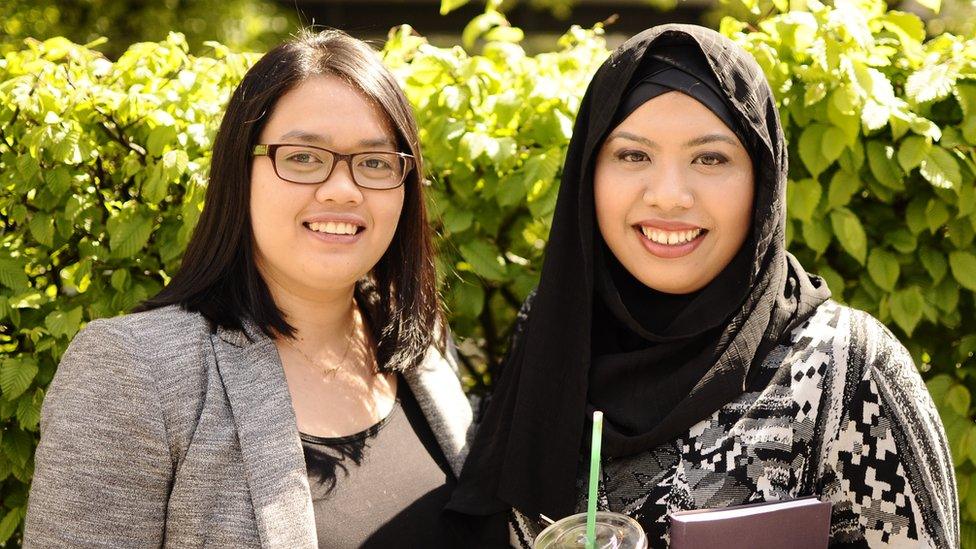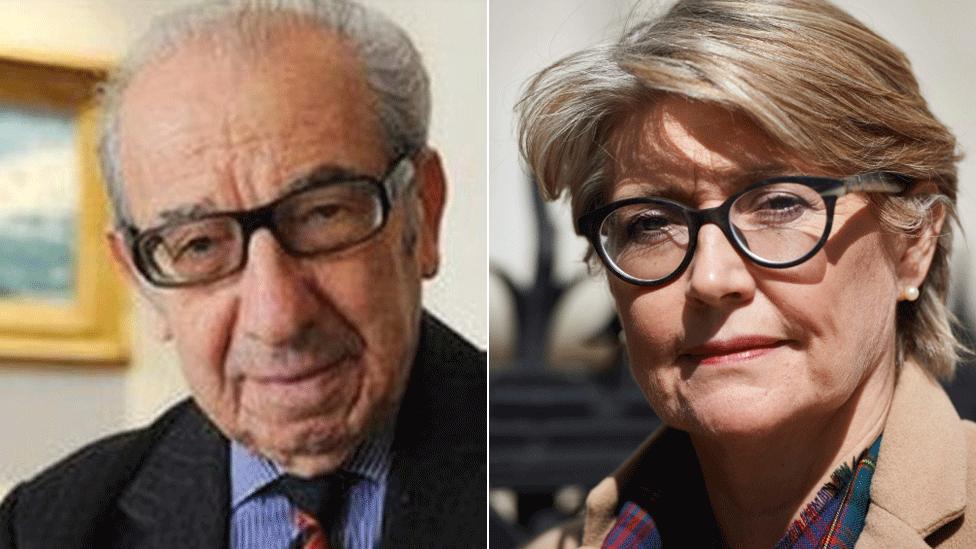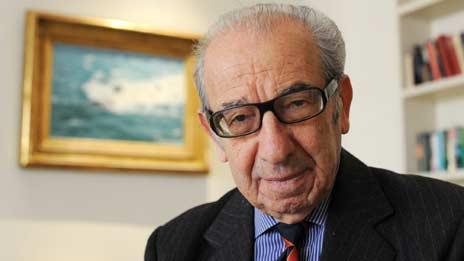EU referendum: Two Britons lose EU vote legal bid
- Published

Harry Shindler and Jacquelyn MacLennan want their say over whether the UK stays in the European Union
Two Britons living abroad have lost their Court of Appeal battle over the right to vote in June's EU referendum.
The challenge was brought by World War Two veteran Harry Shindler, 94, who lives in Italy, and lawyer and Belgian resident Jacquelyn MacLennan, 54.
Under law, UK citizens who have lived abroad for more than 15 years cannot vote.
The pair took the case to the Court of Appeal after losing their application for a judicial review last month.
Mr Shindler and Ms MacLennan had argued the in-out vote on EU membership, on 23 June, directly affected them and brought the test case on behalf of others in their situation.
'First hurdle fallers'
In April, they asked High Court judges to declare that section two of the EU Referendum Act 2015, which established "the 15-year rule", unlawfully acted as a penalty for their having exercised their rights to free movement.
But the judges ruled, external that the section did not restrict their rights and rejected their application for judicial review.
They then took the case to the Court of Appeal, where a one-day hearing took place earlier this month.
Three appeal judges - Lord Dyson, Master of the Rolls, sitting with Lord Justice Elias and Lady Justice King - upheld the High Court decision on Friday, declaring the rule did not unlawfully interfere with the right of expats to freedom of movement within the European Union.
Lord Dyson said: "The claimants say that their exclusion from the franchise is an unjustified restriction on their EU right - EU law right - of free movement and contrary to their constitutional, common law right to vote.
"The appeals against the dismissal of their claims is dismissed. The court holds first that the 2015 Act does not fall within the scope of EU law at all, so that the claim fails at the first hurdle."
'Huge impact'
He added that "the common law right to vote does not take precedence over an Act of Parliament" and refused permission to appeal to the Supreme Court.
The expats still have the right to ask Supreme Court judges to consider the case, however.
Their lawyers said a hearing had been listed for Tuesday, at which permission to appeal - as well as the substance of the appeal itself - would be considered.

Who is currently eligible to vote?

British, Irish and Commonwealth citizens over 18 who are resident in the UK
UK nationals living abroad who have been on the UK electoral register in the past 15 years
Members of the House of Lords and Commonwealth citizens in Gibraltar, unlike in a general election
Those eligible can register to vote here., external

Ms McLennan, who is originally from Inverness but has lived in Brussels since 1987, told the BBC's Victoria Derbyshire programme: "The refusal to allow me and others in my situation to vote is an infringement of my EU rights."
She added that the result of the vote "would have a huge impact" on both her personal and professional life, and that she often returned to the UK to visit her parents and children, and for work.
"I feel very strongly that I ought to have a fundamental democratic right to vote in my country of citizenship," said Ms McLennan.
'Born British'
Mr Shindler, appointed an MBE for Anglo-Italian relations in 2014, has been told he has "diminished or diluted" links to the UK after living abroad for so long. He has lived in Italy for 35 years.
The UK passport holder, originally from London, said: "The fact that we don't live there doesn't alter that fact, we were born British and we will remain that way.
"If we go and live somewhere else, it doesn't make us anything else. They work out here. People don't know who these expats are you know, think they're all on holiday."
He also said the government had agreed to scrap the 15-year rule before the referendum bill was passed.
Law firm Leigh Day, which represents the pair, argued that up to two million British citizens were being unlawfully denied the right to vote on membership of the EU.
- Published20 May 2016

- Published28 April 2016

- Published17 May 2011
